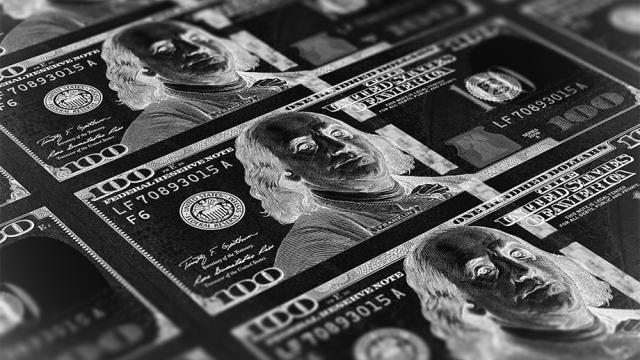
The identities of the donors behind most of the billions of dollars that fund U.S. political campaigns are publicly disclosed. Candidates, parties and political action committees — including the super PACs that are allowed to accept unlimited amounts of money — regularly provide the Federal Election Commission with the names of all donors who give more than $200. But a growing share of the funds that grease the wheels of U.S. electoral politics is dark money, the donors of which keep their identities secret.
The two most common vehicles for dark money are politically active nonprofits and corporate entities, such as limited liability companies. Certain politically active nonprofits — notably those formed under sections 501(c)(4) and 501(c)(6) of the tax code — are generally not required to publicly disclose their donors. And limited liability companies formed in states such as Delaware and Wyoming are essentially black boxes through which donors can make secret donations to super PACs or to intervene directly in election campaigns.
During the 2012 election cycle — the last time the presidency was at stake — dark money groups pumped about $300 million into advertising for or against candidates, according to the nonpartisan Center for Responsive Politics. These groups also spent hundreds of millions of dollars on political ads focused more on issues than on candidates. The most notable example? Americans for Prosperity, the flagship nonprofit of the conservative billionaire brothers Charles Koch and David Koch.
Dark money is a bipartisan weapon. And with both parties locked in a campaign funding arms race, dark money groups are multiplying — and thriving — at both ends of the political spectrum. But, during the 2012 election cycle, conservative dark money groups that reported expenditures to the FEC outspent liberal ones by about 8 to 1, according to the Center for Responsive Politics.
Dark money’s political role was enabled by the Supreme Court’s Citizens United v. FEC decision, which allowed corporations, including certain types of nonprofits, to fund ads expressly urging the election or defeat of federal candidates. That decision overturned previous restrictions on corporate spending to influence election outcomes.
Campaign finance reform activists argue that voters should know the identity of donors behind political advertising in order to evaluate its merits and discern which special interests have a stake in an election’s outcome.
Fred Wertheimer, the founder and president of Democracy 21, has said that “history makes clear that unlimited contributions and secret money are a formula for corruption.” And in a portion of the controversial Citizens United decision, eight of the nine Supreme Court justices agreed that disclosure of money in politics was important because “transparency enables the electorate to make informed decisions and give proper weight to different speakers and messages.”
But supporters of anonymity in politics counter that the Federalist Papers and Thomas Paine’s “Common Sense” were published anonymously during the country’s founding. Lawyers at the Wyoming Liberty Group have argued that throughout American history, “anonymous political speech has been the scorn of entrenched powers and the saving balm of emerging voices.” And the Center for Competitive Politics has argued that “disclosure comes with a cost,” including the potential to chill speech and for donors to be harassed.
The three Republicans and three Democrats who comprise the nation’s primary regulator of campaign funding, the FEC, are divided over the degree to which dark money is a problem. At the same time, the Internal Revenue Service regulates nonprofit organizations and can revoke a nonprofit’s tax-exempt status if a group is deemed undeserving. But in recent years, only a handful of 501(c)(4) nonprofits — social welfare groups by law — have had their tax-exempt status revoked for being too political. The Department of Justice can also criminally prosecute knowing and willful violations of campaign finance law, although this, too, is rare.
Although journalists have developed strategies to track — usually long after the fact — contributions by some nonprofits and labor unions to dark money groups, if an individual donates to a dark money group, there is essentially no public paper trail to follow.
3 WAYS TO SHOW YOUR SUPPORT
- Log in to post comments















